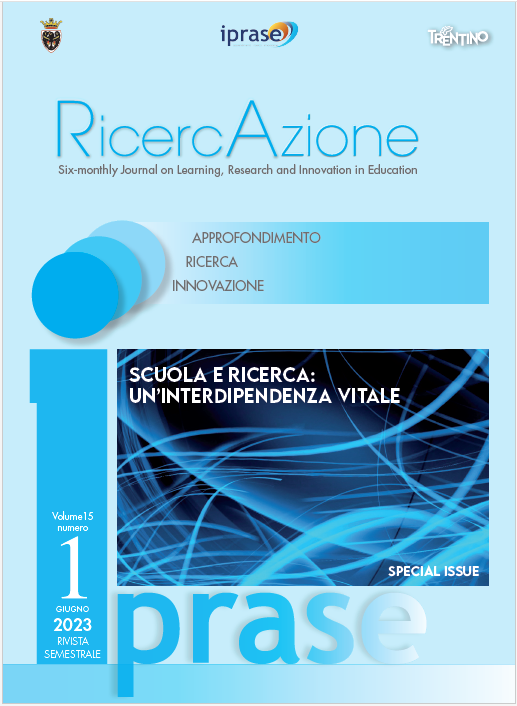Dialogue between educational research and school life is not only necessary but vital for both. It is a matter of positive interdependence: the absence of a fruitful alliance prevents them from fulfilling their purposes effectively.
If research does not engage with real problems faced by schools and fails to support the constant improvement of teaching practices, both initial and continuous teacher training become nothing more than self-referential discourse. Unfortunately, for many teachers, the term ‘academic’ does not refer to a place that produces interesting, useful, and applicable research; instead, it is associated with notions like ‘far from reality, irrelevant, abstract, and useless’.
If teaching does not embrace dialogue with research, school life may resort to the mentality of we have always done it this way or mindlessly follow the latest trends, possibly influenced by social media. This approach lacks critical discussion and evaluation of teaching practices’ effectiveness. Even the initial and continuous teacher training programs should focus on developing reflective processes that encourage real and continuous innovation, addressing students’ diverse and evolving growth needs.
